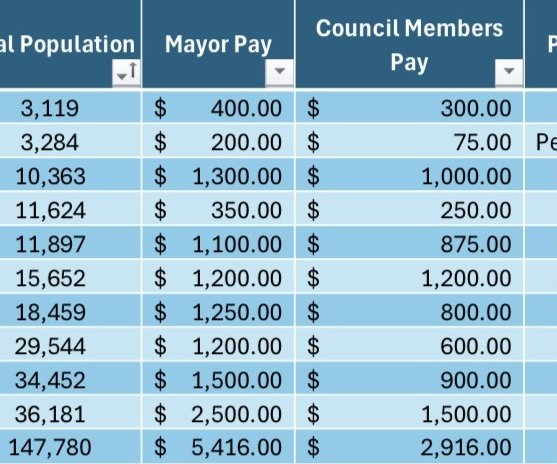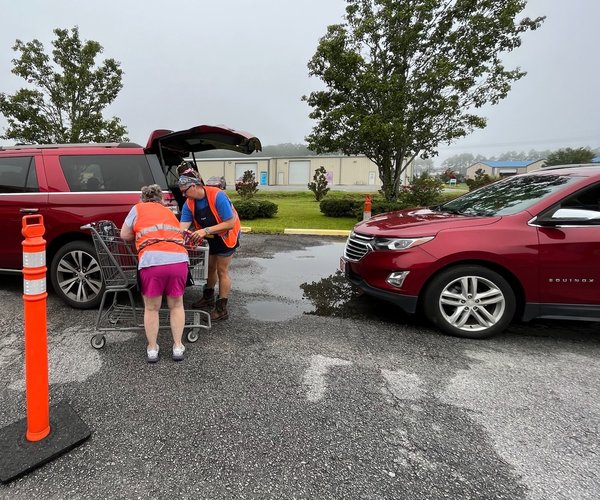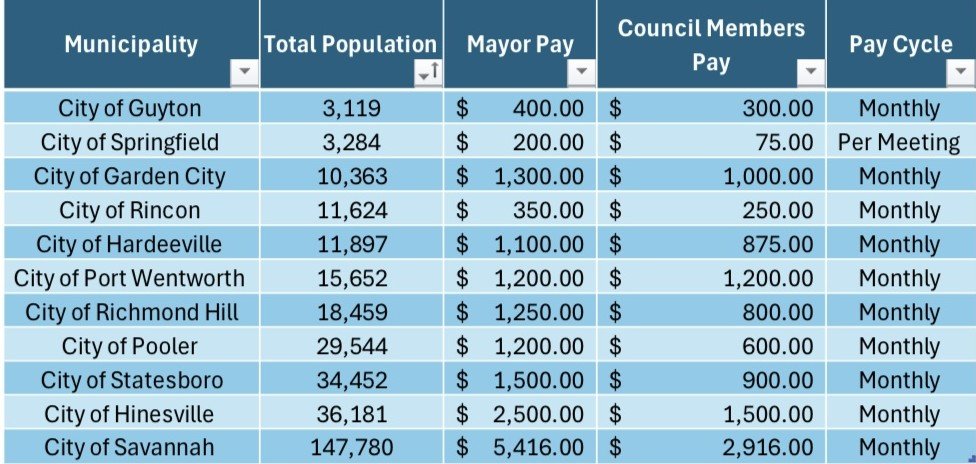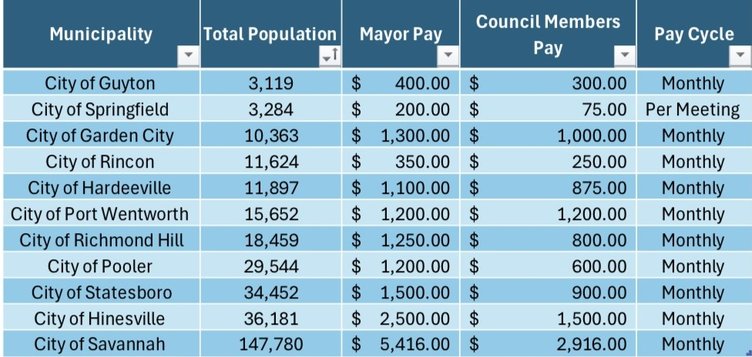It doesn’t appear as if Effingham County commissioners will adopt an ethics ordinance any time soon.
Commissioners split 3-3 on a proposed ethics standard at their meeting Tuesday night, effectively killing the initiative.
“I have never seen more people afraid of the word ‘ethics,’” said commission Chairman Dusty Zeigler, who voted for the ordinance and has been a proponent of its passage. “And it will be brought back shortly. And we will have an ethics ordinance in some capacity.”
The proposal had been discussed at a special called meeting prior to Tuesday’s first reading. In recommending its passage, County Administrator
David Crawley said commissioners had review the ordinance and suggested changes that he and county attorney Eric Gotwalt incorporated.
Commissioner Verna Phillips said she supported an ethics ordinance but was concerned about Gotwalt’s misgivings.
“I want an ethics ordinance. Don’t get me wrong,” she said. “I want an ethics ordinance, Mr. Chairman. I promise you. I’ve been a proponent of it. I think an ethics ordinance is a good thing.
“But if you’re not comfortable with it,” Phillips said to Gotwalt, “how can we be comfortable with it?”
Gotwalt said he had concerns about the model ordinances they reviewed in preparing the version for the commissioners and added it has the potential to be abused.
“Somebody with a political agenda can come back and make repeated complaints,” he said.
Commissioner-elect Vera Jones asked about the protection from continuous complaints. Jones said she supports an ethics policy but had worries about the proposed ordinance’s lack of clarity.
“It’s an open door to a lot of frivolous complaints,” she said. “It’s ambiguous and left to interpretation. We need to take our time and do it right.”
Said Gotwalt: “That’s my chief reservation about any of these sorts of ethics complaints. I have mixed feelings about these types of ordinances. I certainly like the idea of guidance for employees and officials. But the enforcement mechanism and how you go about handling complaints are problematic. It’s hard to come up with a perfect way of handling those things.”
The ordinance that failed to pass muster Tuesday night — a motion to deny its passage was deadlocked at 3-3 and a motion to approve it also met a 3-3 stalemate — was changed significantly from the model laws, according to Gotwalt. Under its provisions, an official who successfully defend themselves against a complaint would not be out of pocket for their legal tab. There is also a provision that someone who brings a groundless or frivolous complaint could be liable for the county’s legal fees.
“But stating it in an ordinance and collecting it are two different things,” Gotwalt said.
Zeigler said the county “can’t live in fear” of frivolous complaints.
Under the ordinance, an ethics complaint lodged against a fellow commissioner would be heard by the rest of the board of commissioners. The statute encourages the other commissioners to appoint a special master — an attorney or a part-time judge with a background in ethics proceedings — to hear the evidence and make recommendations.
“That’s to try to lend some neutrality and balance to the rest of the commissioners,” Gotwalt said.
Commissioner Reggie Loper, who made the motion to deny the proposal, said the ordinance also lacks any repercussions for elected and appointed officials who are judged to have violated those standards.
“They can’t fire you. They can’t do away with you,” he said.
Appointed officials can be removed, Gotwalt said, but the commissioners couldn’t remove a fellow commissioner or elected official.
Commissioners could issue reprimands or ask for a resignation.
“it’s to bring to the public’s eye, more than anything,” said Commissioner Bob Brantley, who voted for the ordinance.
Loper also wondered what would happen if a road needed to be fixed and a resident called a commissioner for help.
“If a road washes out and needs scraping, we need to have a meeting and tell you to scrape it,” he said. “If this goes in, we can’t do that.”
Crawley said the ordinance would not prevent commissioners from asking about such tasks.
“There is a difference in giving direction to a department head and in making us aware of issues that need to be corrected,” he said. “It’s our duty to deal with the day to day maintenance and operations of the county. I don’t think this prohibits you from making department heads aware of issues that need to be addressed. It would prohibit you from directing them to do things that aren’t part of their day-to-day duties.”








